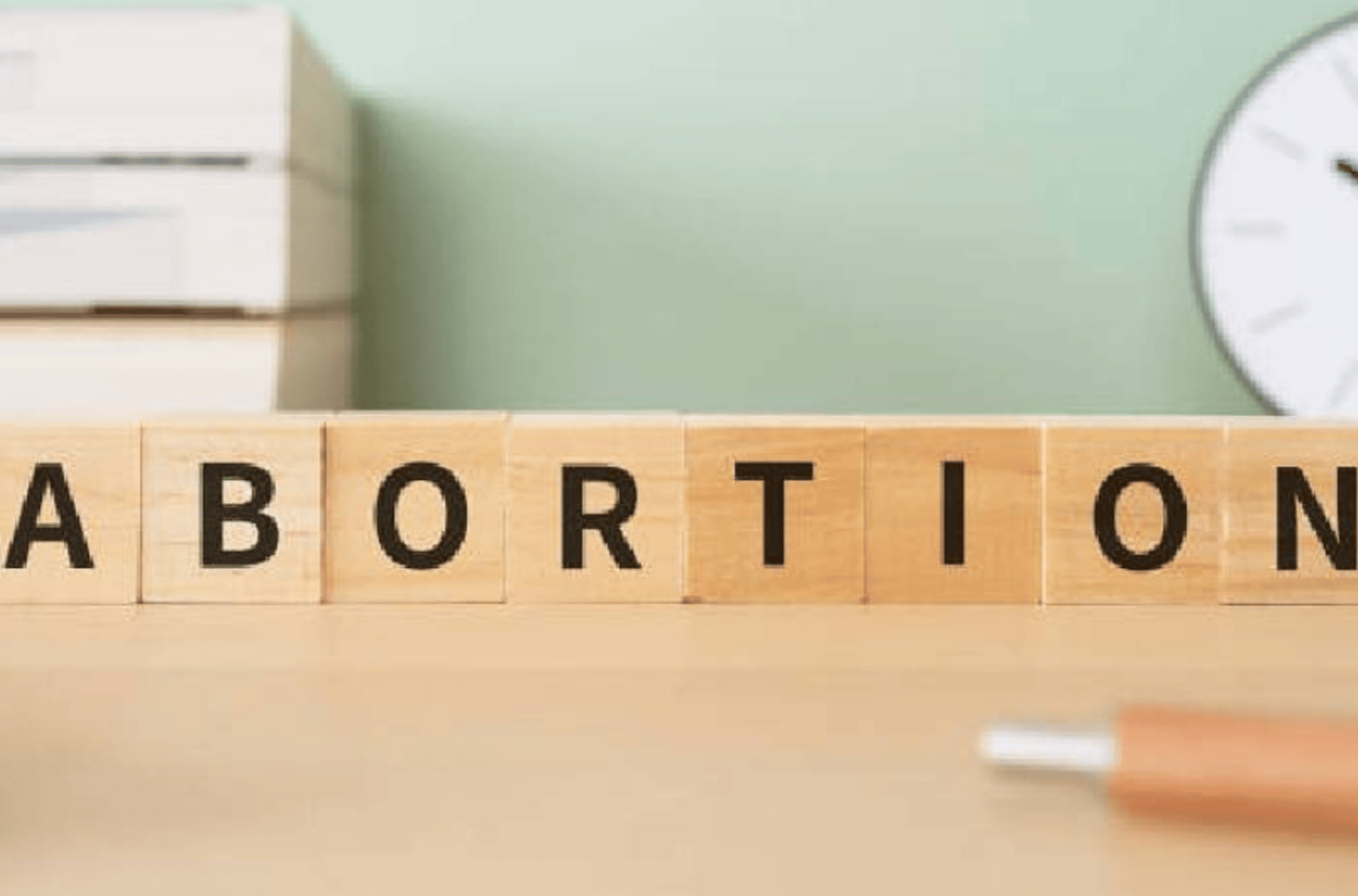
There are seven abortion-related deaths in Kenya daily.
“Here are two undisputed taboo topics in Kenya – gay rights and abortion. We call them ‘non-issues’ and ‘alien’ subjects.
Society bears a natural love for lethal cartels and high priests of corruption but openly detests the gay community and survivors of abortion. At any rate, the abortion talk will raise sneaky questions about contraception and the age of consent. Then there’s the moral and religious ping-pong around it.
The sticky debate came up in Nairobi this week at a special session held to sensitise journalists on wide-ranging underreported reproductive health issues. The forum, addressed by the Kenya Obstetrical Gynaecological Society boss Kireki Omanwa and Enid Muthoni of Centre for Reproductive Rights, which coincided with the 2022 global family planning conference in Thailand, provoked discussions on the need, or otherwise, for a true legal environment for girls and women to access safe abortion.
A story by one Victoria Atieno of several unreported abortion-related deaths in Mathare depressed the forum. Her first-hand testimony revealed foetuses being recovered in rivers and girls ingesting detergents, bleaches and other lethal stuff to terminate pregnancies.
Worse yet, when abortion cases are reported, the survivors are frog-matched to police stations and thrown into cells. No one counsels them or assesses their risk of mental health problems such as depression, anxiety and stress.
A survivor of unsafe abortion, Atieno unmasked a disaster that remains a silent killer but which no one wants to talk about unequivocally and whose majority victims are from the lower end of the social strata – girls and women with low education, struggling incomes and low-status jobs. From the conversations, four things stood out. Sweeping abortion under the rug is too costly. Two, many girls who may have survived suffer in silence. And, we prefer the easy route of using religion and morality to deal with the matter and finally, Kenyan society is guilty of failing to prevent abortion-related deaths.
There are seven abortion-related deaths in Kenya daily. Many more are unreported. Across Africa, six million cases occur annually, resulting in 29,000 deaths. In Eastern Africa, one out of five maternal deaths arises from unsafe abortions.
But how do we solve the crisis when religion has denied us the chance to look inward and outward? The tragedy is denialism and careless inaction. Society denies women the power to make key choices but fails to tackle signature problems of gender violence, rape, poverty, limited sex education and poor healthcare.
There’s denial and doing things the archaic way. The question, however, is, in what creative way will the closed society address the many risk factors arising from unwanted pregnancies like maternal depression, parenting stress and the rising numbers of destitute children?
We’ve been slow to open up the space for sex education. Girls are underserved with knowledge. Teenagers are groping in the dark and teenage pregnancies are on the rise. Innocent souls have ended up badly despite morality and religion being thrown their way.
It is time to have a robust women’s grassroots movement that will fill the gap – something like the Green Wave that recently swept through Argentina. Information is power. The Constitution is marvelously designed but may not deliver ‘reproductive justice’ that fortifies voices and responsible choices. More than ever, we should now normalise every conversation on women’s unique circumstances.
Rather than root for laws that remove presidential term limits or which seek to increase the number of counties, Parliament must rid Kenya of conditions that put women’s lives at risk. Civil society, youth groups, corporates, religious groups, academia, trade unions and the media have their work cut out.
SOURCE: The Standard Kenya, by Mark Oloo, 19 November 2022 + iStockphoto (behind paywall)



